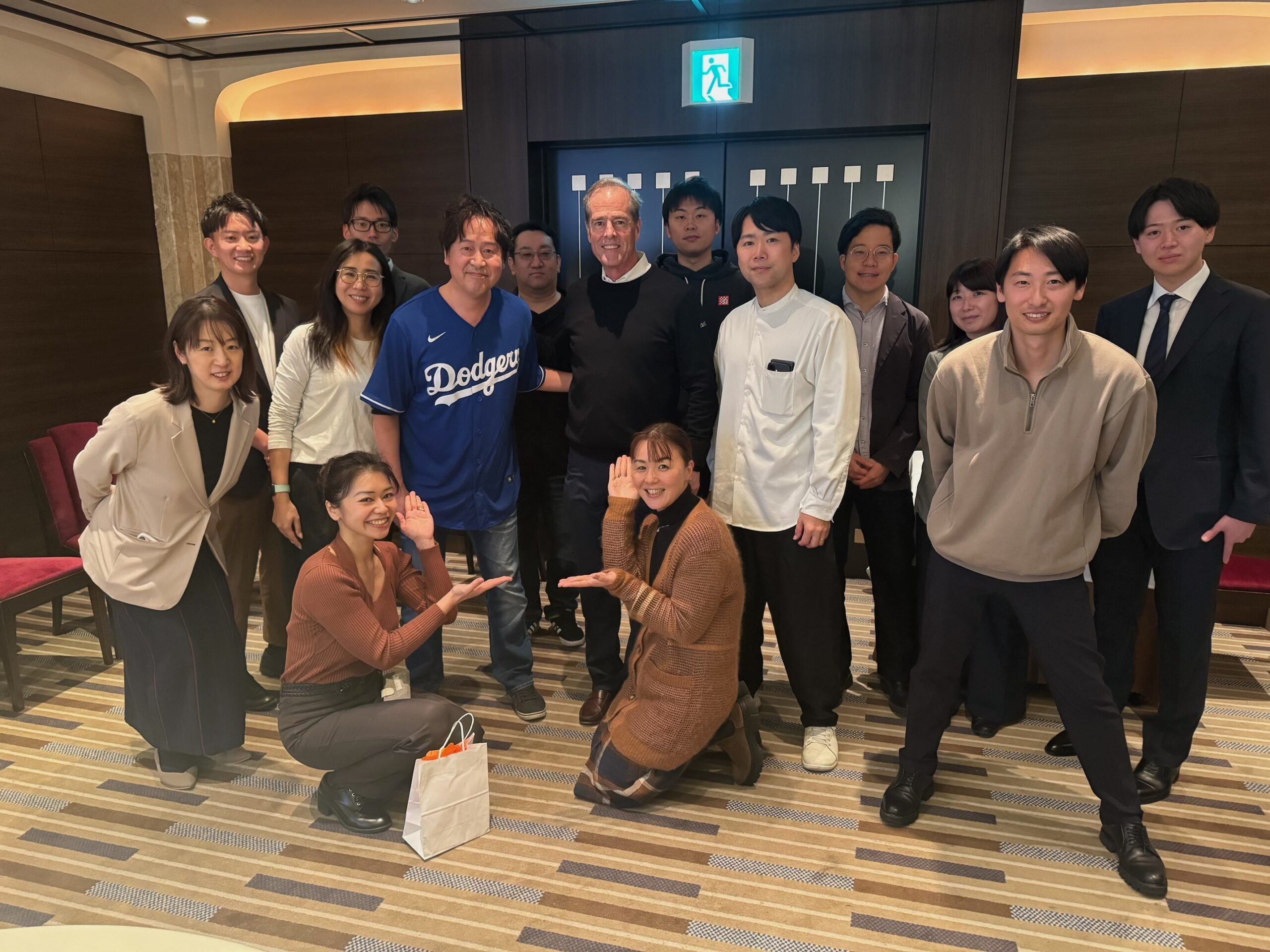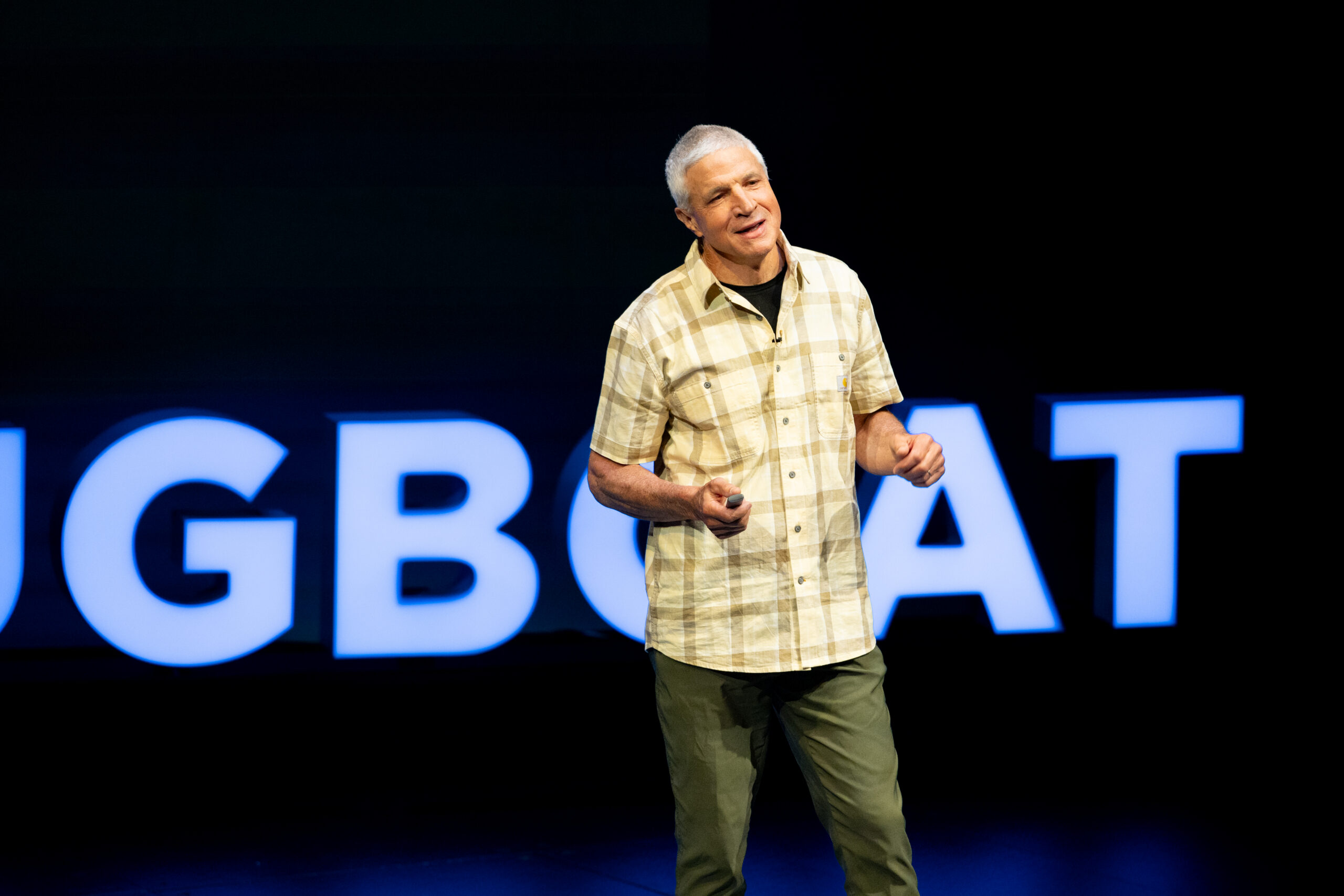

Balancing Opportunity and Focus
August 5, 2025
Balancing Opportunity and Focus
- Leo Sheridan
- Advanced Group
RESTRICTED CONTENT
Subscribe to EJ+ to gain access to our full library of Evergreen Content
Subscribe Login here if you are a subscriberMore Articles and Videos

Authentic Purpose: Lessons from Tugboat Institute Gathering of Teams 2026
- Dave Whorton
- Tugboat Institute

Maeve Chocolate: A Story of Rescue, Reinvention, and Renewal
- Jean Thompson
- Seattle Chocolate Company

Stay connected to Evergreen ideas and opportunities
By signing up, you understand and agree that we will store, process and manage your personal information according to our Privacy Policy




